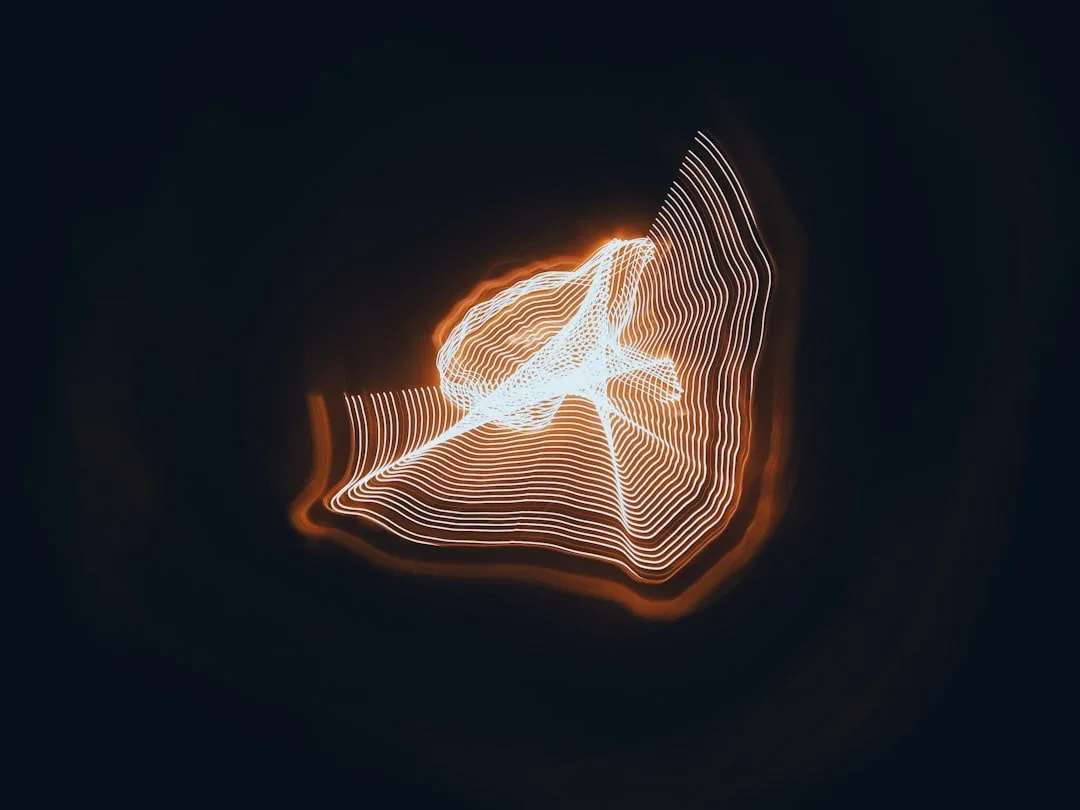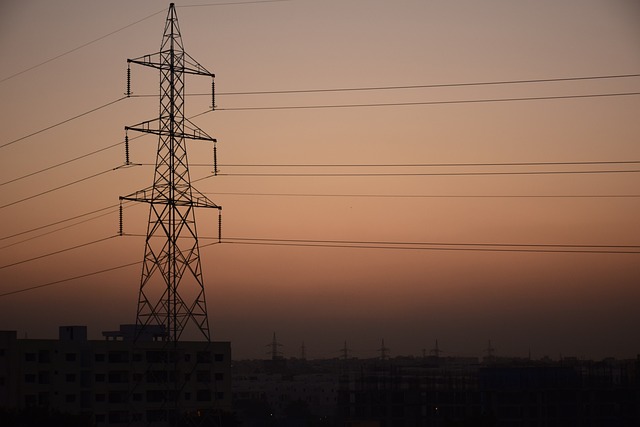Kratom, derived from Mitragyna speciosa, boosts energy without causing insomnia when used responsibly. Its analgesic properties aid sleep for chronic pain sufferers. Strain differences, dosage, and individual tolerance impact sedative effects. Consulting a healthcare provider is recommended for those with pre-existing sleep conditions or who take other medications.
Discover the power of natural energy boosters with kratom—a herb gaining popularity for its potential benefits on focus and fatigue. This article explores how kratom can unlock your energy levels, while also delving into its complex relationship with sleep. We dissect scientific insights to understand if kratom causes insomnia or offers a much-needed solution for restless nights. Uncover the nuances of this ancient herb and its modern applications.
- Exploring Kratom's Effect on Sleep Patterns
- Unlocking Energy: Kratom's Potential Benefits
- Insomnia vs. Kratom: Scientific Insights Revealed
Exploring Kratom's Effect on Sleep Patterns

Kratom, a natural herb derived from the mitragyna speciosa plant, has gained popularity for its diverse effects on the human body. While it is often touted as an energy booster, its impact on sleep patterns warrants attention, especially when considering whether it might lead to insomnia. Contrary to some beliefs, kratom does not inherently cause insomnia. In fact, many users report improved sleep quality and duration, particularly those who suffer from chronic pain or stress-related sleep disorders. The herb’s analgesic properties can alleviate physical discomfort, making it easier to fall asleep.
The effects of kratom on sleep are largely dependent on the specific strain, dosage, and individual tolerance. Different strains exhibit varying levels of mitragynine and 7-hydroxymitragynine, the active compounds responsible for its sedative and pain-relieving properties. Taking kratom during the early evening or before bed can promote relaxation without causing the jitteriness associated with some synthetic stimulants. However, it’s crucial to use it responsibly and consult a healthcare professional for personalized guidance, especially if you have pre-existing sleep conditions or are taking other medications.
Unlocking Energy: Kratom's Potential Benefits

Kratom, a natural herb derived from the Mitragyna speciosa plant, has gained significant attention for its potential energy-boosting effects. Often hailed as a game-changer in the world of natural supplements, kratom offers an alternative to conventional stimulants. Unlike substances that may cause insomnia or jitters, kratom provides a gentle yet potent boost of energy, making it a popular choice for those seeking a more natural approach to increasing productivity and focus.
The herb’s unique properties are attributed to its alkaloid content, particularly mitragynine and 7-hydroxymitragynine. These compounds interact with the body’s opioid receptors, modulating various physiological processes. This interaction can lead to enhanced mental clarity, increased motivation, and improved physical performance without the negative side effects often associated with synthetic energy boosters. Whether it’s navigating a busy workday or tackling an intense workout routine, kratom’s ability to unlock natural energy potential has made it a popular topic in the health and wellness community.
Insomnia vs. Kratom: Scientific Insights Revealed

Kratom, a natural herb derived from the plant Mitragyna speciosa, has gained attention for its potential energy-boosting effects. However, one common concern among users is its impact on sleep patterns, particularly in relation to insomnia. Scientific studies have shed light on this aspect, offering insights into how kratom interacts with our bodies’ natural sleep-wake cycles.
Research suggests that while kratom may provide a temporary energy boost, it can also disrupt normal sleep patterns due to its effects on certain neurotransmitters and opioid receptors. The herb’s ability to stimulate these receptors can lead to increased alertness but may also make falling asleep more difficult for some individuals. Consequently, those considering kratom as an energy booster should be mindful of its potential side effects, especially if they experience difficulties sleeping or are prone to insomnia.
While kratom is often touted as a natural energy booster, its impact on sleep patterns remains a nuanced topic. While some users report increased alertness and reduced fatigue, scientific insights suggest that kratom’s effects can vary greatly depending on the individual and dosage. It’s crucial to remember that while kratom may offer potential benefits, it should not be considered a cure-all. If you’re experiencing insomnia or persistent fatigue, consulting with a healthcare professional is essential to determine the root cause and explore suitable, evidence-based solutions—including those that don’t involve alternative remedies. In terms of whether kratom causes insomnia, the available research indicates that, for some, it may exacerbate sleep issues, especially when consumed in higher doses or at night.














